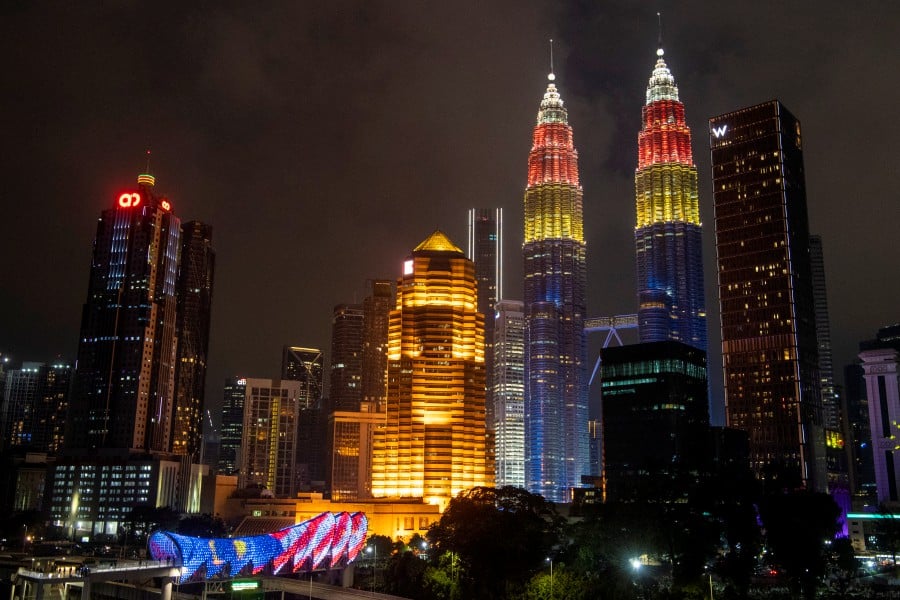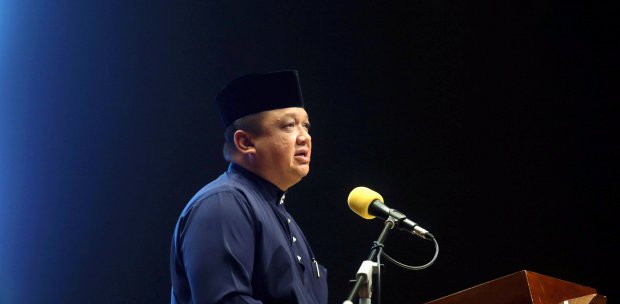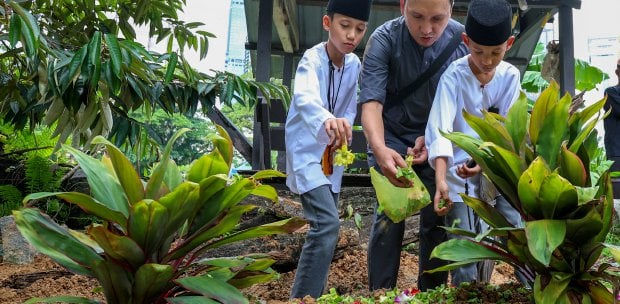As I am writing this, Malaysia is celebrating its 65th National Day, a joyous occasion that is supposed to bring people together.
It is happening in a unique time for the country with a former prime minister now in jail and parties jockeying for position in preparation for next general election.
As coalitions are being formed, parties will prepare their manifestos. While there will be differences on how to frame solutions to problems faced by the nation, it is also timely to remember that these challenges will require a spirit of bipartisanship and unity.
For example, the fight against poverty and inequality, together with more investments in human development "enablers" like public health institutions and learning institutions, should be at the top of policy-making goals.
What is badly needed now is a drastic change of direction in the way the country is dealing with climate change.
Malaysia should seek a true transformation that, while requiring investments in green energies and infrastructure, will also require a change of mindset and behaviour. When I was last in Malaysia before the pandemic struck, I remember that I was freezing in a bus in Kuala Lumpur because the air-conditioning blower was really strong.
We need more knowledge to help people understand that, with each action, comes consequences that can impact our lives for the worst in the long term.
Common sense is a pre-requisite for a multicultural country like Malaysia where friction can threaten harmony.
We are talking about the glue that not only keeps the country together but it is also the element that helps Malaysia thrive in the world.
Common sense brings responsibility that could be described as personal accountability and an understanding of leadership.
In the next election, while each party will have a particular position, the fight against poverty, inequality and climate change requires the nation's best minds to come together.
That's why it is going to be fundamental that the next electoral campaign and new legislature be based on civility and respect.
Ultimately, political leaders must agree that there are no black-and-white issues in policy-making, but rather the process of deliberation is so complex that it's akin to putting together a puzzle.
Certain positions and proposals will be rejected by other parties but this should be the exception rather than the norm.
If something turns out to be so provocative that is it is immediately dismissed, it means that this proposal did not take into account the best interests of the population.
While certain issues may provoke a backlash, a sense of common responsibility among politicians should prevail.
After all, it is their responsibility to not only put out the flames but to also moderate the debate, ensuring that it never escalates.
That's why knowledge, common sense and responsibility should not only be promoted among the public as the best solutions to prosperity, but should also be embraced by the political class.
We are living in a time where the advantages of social media are erased by those who use it to create discord.
Bipartisanship, or striving to reach the best solution and which takes into account the concerns of those disagreeing with it, should be practised by those in power and in the streets.
Let's not forget that knowledge, common sense and responsibility are the foundations that have proved resilient for Malaysia.
Inevitably, this fabric will need strengthening for the country to win the biggest challenges of this century.
The author writes on civic engagement, youth development, the SDGs, human rights and regional integration in the context of Asia Pacific






